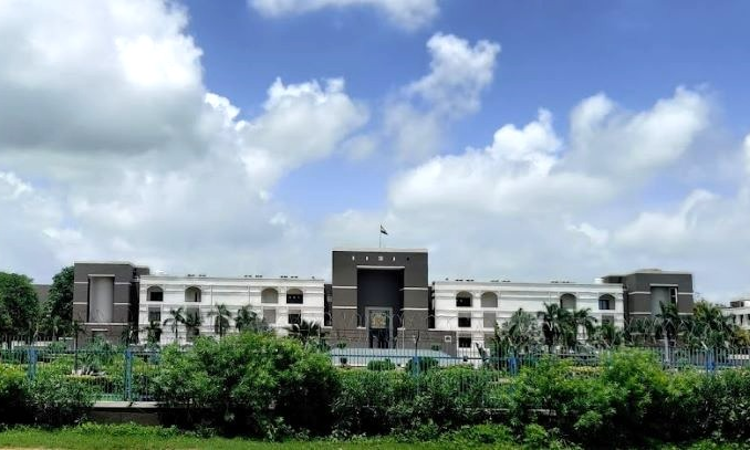A Party Cannot Circumvent The Dispute Resolution Process After Agreeing On The Same: Gujarat High Court
ausaf ayyub
11 Jun 2022 8:00 PM IST

Next Story
11 Jun 2022 8:00 PM IST
The Gujarat High Court has held that a party cannot circumvent the dispute resolution process after agreeing on the same. The Court held that party is bound to follow the mechanism provided under the arbitration clause that requires it to first raise the dispute before the DRC and pre-deposit the amount in dispute if no challenge is made to the validity of terms of...
